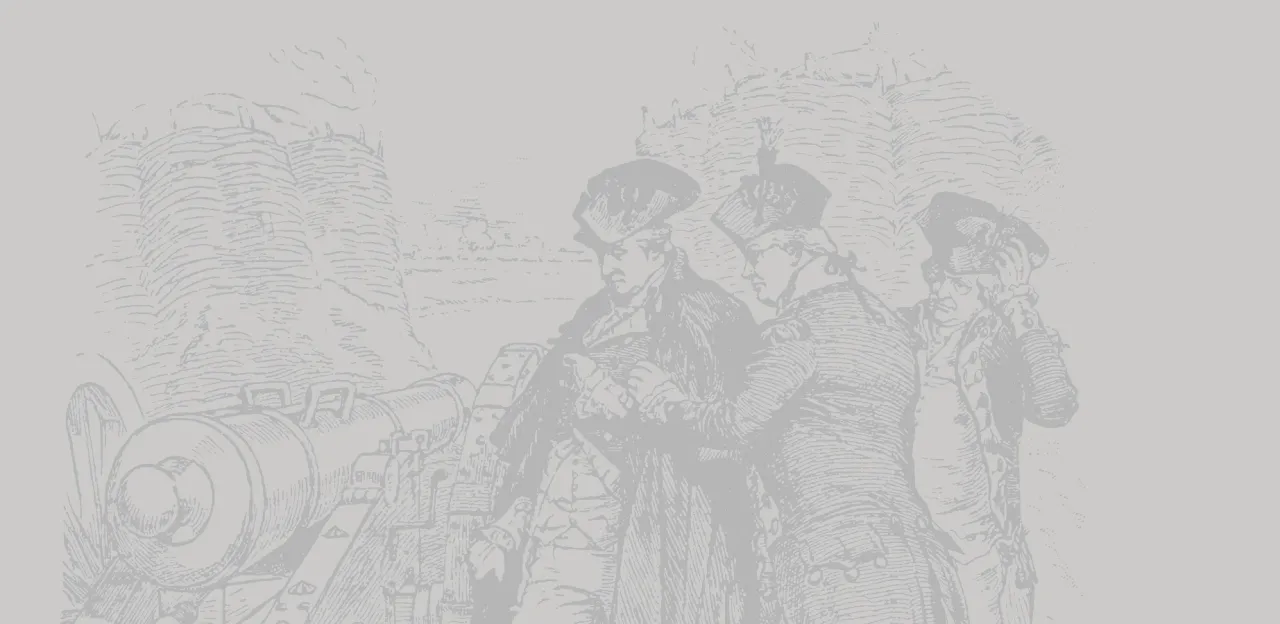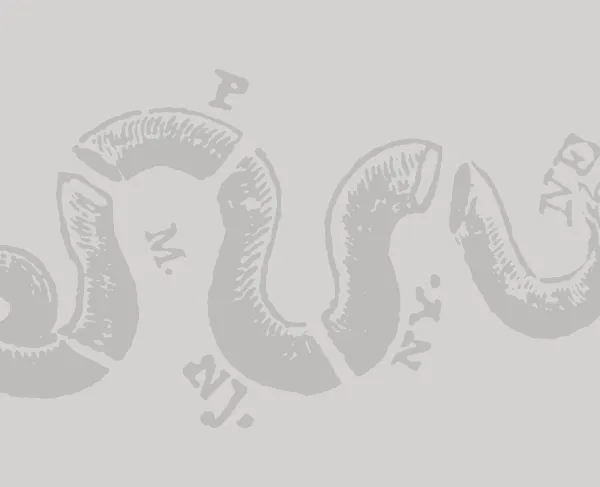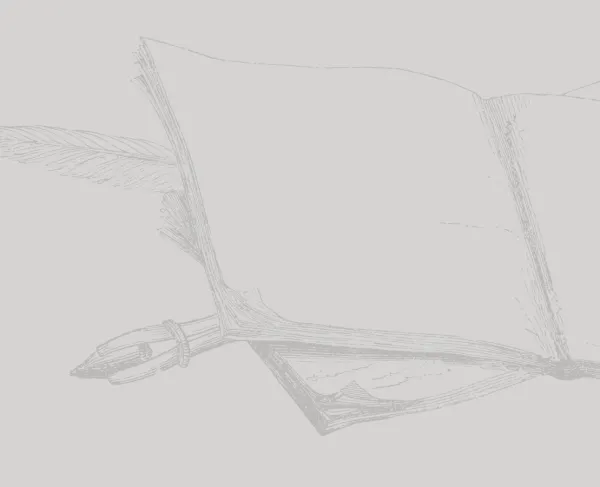“Can a virtuous Man hesitate in his choice?”

George Washington wrote this business letter, revealing what he had learned about Lexington and Concord and his conclusions represent the attitudes of many Virginians who joined the Patriot cause.
To GEORGE WILLIAM FAIRFAX
Philadelphia, May 31, 1775.
Dear Sir: Since my last (dated about the first of April) I have received from Mr. Craven Peyton the Sum of £193.6.10 (as you may see by the enclosed Account) with which, and the Balance of the former Money, I now remit you the following Bills; to wit, One drawn by Mr. Thomas Contee on Mr. Mollison, for £40 Sterling, and another drawn by Lyonel Bradstreet on Mr. William Tippell of London for the like Sum (indorsed by Mr. Contee; the strongest assurances being given me, that they are both good) Mr. Contee is Mr. Mollison's principal Factor, or Agent, in Maryland, and is besides a Man of property himself; but notwithstanding this, the times are so ticklish, that there is no such thing as answering for the payment of Bills. You must therefore, either take the chance of receiving bad ones, or suffer your Money to lay dead.
I have also, since my coming to this place, purchased a Bill from Messieurs Willing and Morris of £161.10 Sterling, which will, I believe, for I have not a state of our Account with me, about Balance it. With the Copy of Mr. Peyton's Account, you will receive a List of the Rents which he collected since last settlement; and these, as I have not been favoured with a Line from you, since your Letter of June, is all I recollect at present worth communicating relative to your business.
Before this Letter can reach you, you must, undoubtedly, have received an Account of the engagement in the Massachusetts Bay between the Ministerial Troops (for we do not, nor cannot yet prevail upon ourselves to call them the King's Troops) and the Provincials of that Government; But as you may not have heard how that affair began, I inclose you the several Affidavits that were taken after the Action.
General Gage acknowledges, that the detachment under Lieutenant Colonel Smith was sent out to destroy private property; or, in other Words, to destroy a Magazine which self preservation obliged the Inhabitants to establish. And he also confesses, in effect at least, that his Men made a very precipitate retreat from Concord, notwithstanding the reinforcement under Lord Piercy, the last of which may serve to convince Lord Sandwich (and others of the same sentiment) that the Americans will fight for their Liberties and property, however pusilanimous, in his Lordship's Eye, they may appear in other respects.
From the best Accounts I have been able to collect of that affair; indeed from every one, I believe the fact, stripped of all colouring, to be plainly this, that if the retreat had not been as precipitateas it was (and God knows it could not well have been more so) the Ministerial Troops must have surrendered, or been totally cut off: For they had not arrived in Charlestown (under cover of their Ships) half an hour, before a powerful body of Men from Marblehead and Salem were at their heels, and must, if they had happened to have been up one hour sooner, inevitably intercepted their retreat to Charlestown. Unhappy it is though to reflect, that a Brother's Sword has been sheathed in a Brother's breast, and that, the once happy and peaceful plains of America are either to be drenched with Blood, or Inhabited by Slaves. Sad alternative! But can a virtuous Man hesitate in his choice?
I am, With sincere Regard and Affectionate compliments to Mrs. Fairfax, Dear Sir, etc.
Related Battles
93
300




